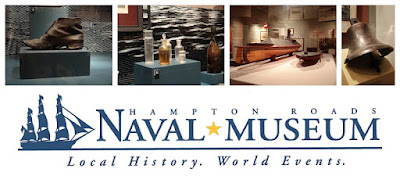Pages
▼
Monday, November 7, 2011
Like a Good Neighbor, Uncle Sam is There
We recently received this 1942 insurance policy issued to an Ocean View, Norfolk, household from the War Damage Corporation. At a rate of $.10, this particular house was protected against "direct physical lost or damage to the property described in the attached which may result from enemy attack including any action taken by the Military, Naval, or Air Forces of the United States in resisting enemy attack."
In 1943, the American Risk and Insurance Association noted in their official journal that when the United States officially entered World War II in December 1941, it "created a demand for protection to property of its citizenry against loss by reason of enemy action." Similar to perils involving flood, property insurance typically has an exclusion clause for wars and insurrection. The journal went on to note that some insurance companies attempted to market war insurance on their own. However, they found that since, in their opinion, there were no "actuarial figures" to go by, they charged extremely high rates to nervous homeowners. The demand for such insurance skyrocketed shortly after the Japanese submarine I-17 shelled California's Ellwood Oil Fields in February 1942. While the submarine only did about $1,000 in damage, it sent off a major panic among the American public.
To help homeowners get the insurance, Congress chartered the War Damage Corporation in March 1942. As stated in the above policy, the Corporation would pay for war damage caused by an "actual attack." It would not pay for damage caused by sabotage or "nonuniform agents" of the enemy, however. It would also not pay for damage caused by a blackout (i.e. a car running into your house because the local civil defense board turned off the streetlights). Uncle Sam also demanded his premiums up front before issuing a policy.


No comments:
Post a Comment